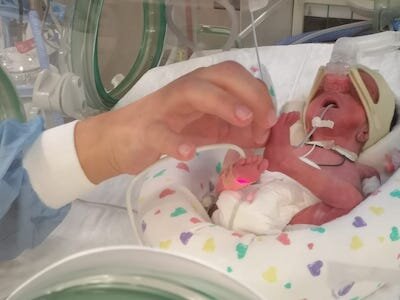2019 was a rough friendship year for me. I’ll sum it up by saying:
just because it’s an old friendship, doesn’t mean it’s a good friendship.
In all relationships, it takes two people to create the behavior pattern between you. So if someone’s hurt you, it’s easy to play the victim. It’s easy to go around talking about how betrayed you were. It’s a lot harder to take responsibility for the ways that the relationship failed. To forgive. To be humble. To start over.
With new friends, it’s easier to make boundaries because you can let people know what’s important to you from the very beginning of the friendship. You can let people know about your habits, behaviors, and needs, and they don’t have to take it personally.
For example, I’m really particular when I travel - I generally prioritize doing cultural things, I need a lot of alone time, and I don’t like really full itineraries for days on end. It’s a lot easier to explain this to new friends I’ve never traveled with, than to old friends in the middle of a trip where it’s like “uhh, actually, I’m exhausted from climbing that gajillion-step staircase…can I back out of that Michelin-star dinner reservation you made months ago?”
It’s can be super tricky to make boundaries in old friendships, which abound in the Middle East (I have friends I’ve known literally my entire life!), to say,
“Hey, you know how you brought uninvited guests to my party?….”I’d rather you ask me first.”
I’ve also had to take it upon myself this year to re-condition friends that take me for granted, by only being available when I’m truly available, instead of being overly accommodating. It can feel confrontational to make changes in relationships that already are so entrenched in their patterns. Sometimes, especially with old friendships, taking a break is key. If someone has hurt you, you can let them know you need a break before you can speak to them calmly. Other times, you’ve hurt someone and it’s up to you to respect their need for space. In either case, taking some time and space can really help you see the relationship from a bird’s eye view.
It can help to try and address issues before there’s a big breakdown or confrontation. Approach your friend, ask and make sure it’s a good, quiet time for you both, so she understands that it’s important and not just a passing comment.
If the idea of speaking to someone about your pain/discomfort makes you nervous, write a list of points you’d like to cover.
I know it sounds weird, but if the conversation gets intense you might forget what you have to say. Another trick I learned at a yoga training is taking the 3-2-1 approach when communication breaks down.
The 3 - 2 - 1 method of conflict mediation consists of two rounds of conversation:
3 minutes of Person 1 speaking from their perspective: i.e. “I am upset because I don’t feel my time is respected when you repeatedly show up late to our lunch dates…”
2 minutes of Person 2 repeating EXACTLY what they heard you say: i.e. “I am upset because I don’t feel my time is respected when you repeatedly show up late to our lunch dates…”
1 minute of Person 1 making any clarifications in case they feel they were misunderstood by Person 2.
And then you switch roles…and hopefully you can resolve stuff in under 15 minutes!
Overall, I think your friendships are a major reflection of you - your sense of self-worth, your values, your communication style…the list goes on.
I wish you lots of incredible platonic love going into 2020, full of understanding and laughter!







